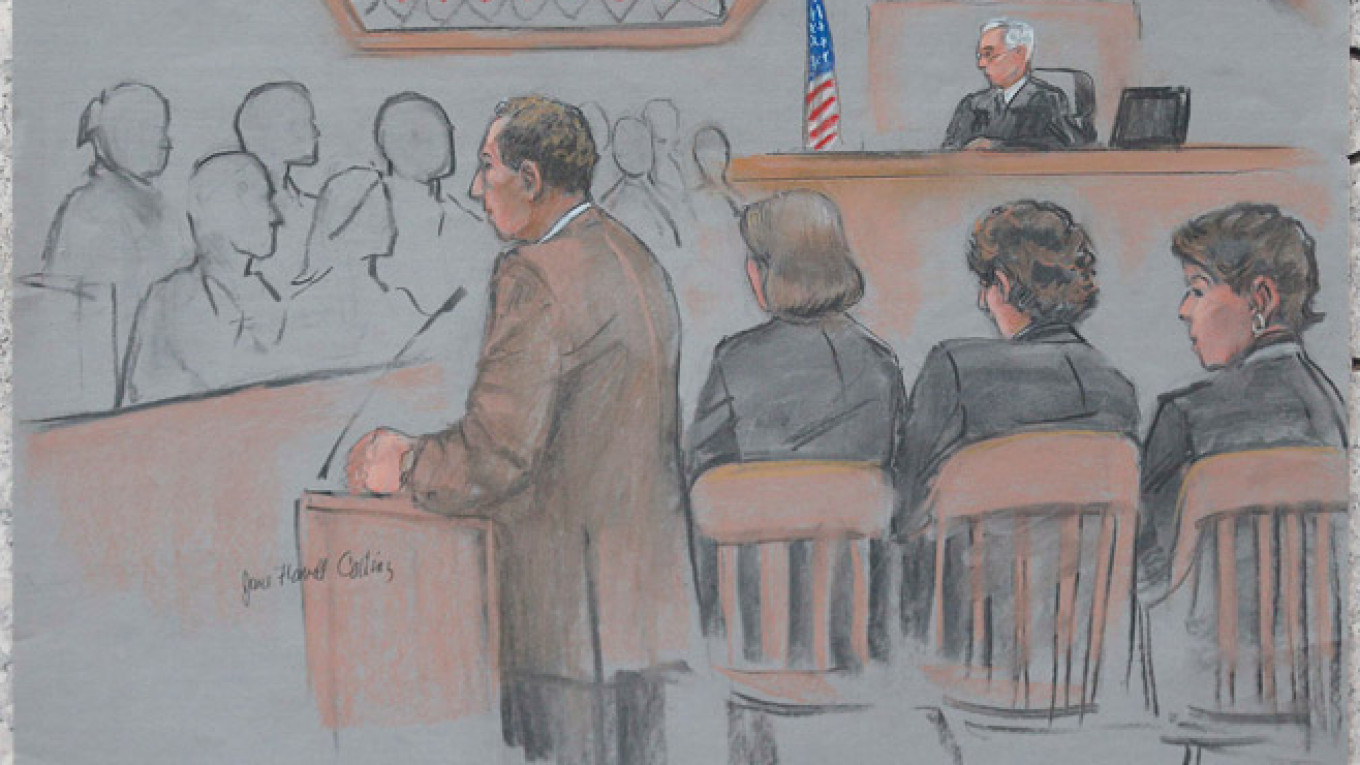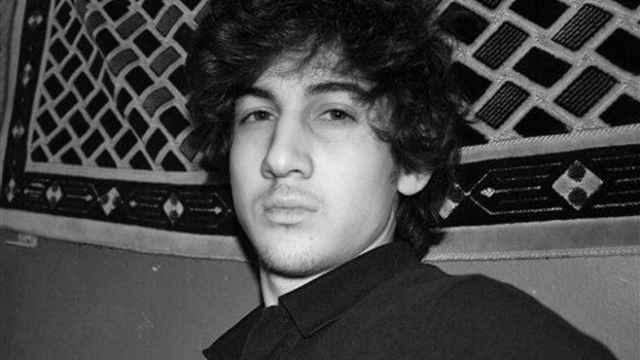BOSTON — It didn't take long for prosecutors in the Boston Marathon bombing trial to convey the sense of fear, pain and grief caused by the 2013 attack, as three women testified about the severe injuries they suffered.
On the first day of testimony in the trial of Dzhokhar Tsarnaev, whose lawyer admitted he committed the crime, the women described their memories of the blasts, their wounds and the terror they felt. Testimony was due to continue Thursday.
Three people were killed and more than 260 hurt when two shrapnel-packed pressure-cooker bombs exploded near the finish line. Tsarnaev, then 19, was accused of carrying out the attacks with 26-year-old Tamerlan, who was killed in a shootout and getaway attempt days later. Authorities contend the brothers — ethnic Chechens who arrived from Russia more than a decade ago — were driven by anger over U.S. wars in Muslim lands.
Two of the women who testified Wednesday had to have their left legs amputated and all of them spoke in graphic detail. It gave the jury a glimpse of the kind of agonizing testimony they can expect to hear in the coming months.
Sydney Corcoran, 17 at the time of the bombings, told the jury how she and her parents went to the marathon on April 15, 2013, to see her aunt run the race for the first time.
She recalled happily waiting to see her aunt cross the finish line one minute, then being immersed in smoke the next. She said she passed out and when she regained consciousness, she was lying on her back and men were tying tourniquets to her thigh.
"I was getting increasingly cold and I knew I was dying," she said.
Corcoran's femoral artery had been severed and she nearly bled to death on the pavement. Later, in the hospital, a nurse told her she was going to wheel her mother into her room, but needed to warn her about something.
"Your mother doesn't have her legs anymore," Corcoran said the nurse told her. "I just said, 'I don't care, I just want my Mom.'"
Rebekah Gregory, who had 17 surgeries on her leg before doctors amputated it in November, walked slowly to the witness stand on an artificial limb.
"I remember being thrown back, hoisted into the air," said Gregory, who had gone to watch the race with her 5-year-old son, Noah, and her boyfriend's family.
"My first instinct as a mother was, where in the world was my baby, where was my son?"
She said she looked down at her leg: "My bones were literally laying next to me on the sidewalk and blood was everywhere."
She saw other peoples' body parts all around her, and "at that point, I thought that was the day I would die."
"I said a prayer. I said, 'God, if this is it, take me, but let me know that Noah is OK.'"
Someone finally picked up her son and put him down beside her. She testified that as she looked for the boy, she saw a dead woman on the pavement. That woman was Krystle Campbell.
Tsarnaev, shaggy-haired and goateed, slouched in his seat and showed little reaction as the case unfolded. The defense did not ask a single question of the victims who testified.
Their emotional accounts came after a blunt opening statement by Tsarnaev's lawyer, who flatly told the jury that the 21-year-old former college student committed the crime.
"It WAS him," said defense attorney Judy Clarke, one of the nation's foremost death-penalty specialists.
But in a strategy aimed at saving Tsarnaev from a death sentence, she argued that he had fallen under the malevolent influence of his now-dead older brother, Tamerlan.
A Message from The Moscow Times:
Dear readers,
We are facing unprecedented challenges. Russia's Prosecutor General's Office has designated The Moscow Times as an "undesirable" organization, criminalizing our work and putting our staff at risk of prosecution. This follows our earlier unjust labeling as a "foreign agent."
These actions are direct attempts to silence independent journalism in Russia. The authorities claim our work "discredits the decisions of the Russian leadership." We see things differently: we strive to provide accurate, unbiased reporting on Russia.
We, the journalists of The Moscow Times, refuse to be silenced. But to continue our work, we need your help.
Your support, no matter how small, makes a world of difference. If you can, please support us monthly starting from just $2. It's quick to set up, and every contribution makes a significant impact.
By supporting The Moscow Times, you're defending open, independent journalism in the face of repression. Thank you for standing with us.
Remind me later.






